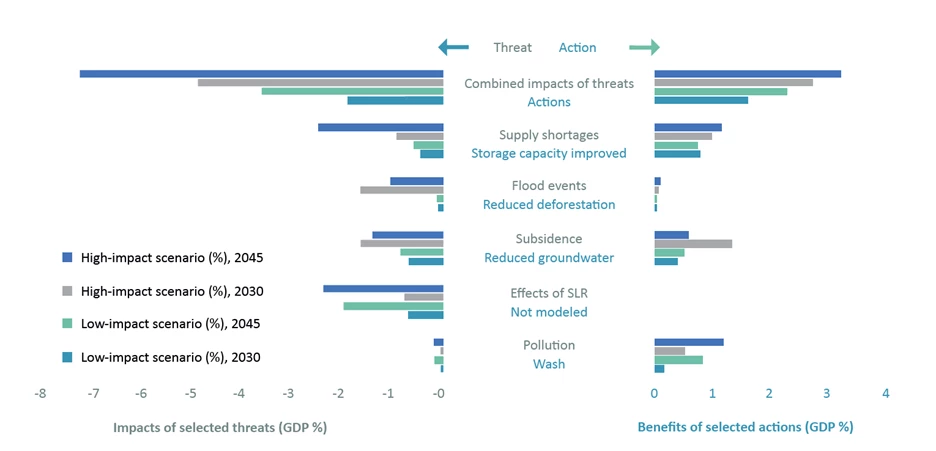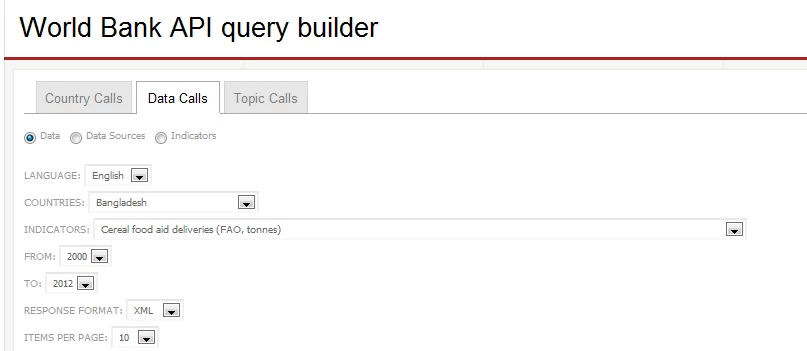The knowledge acquired in Brazil in a South-South Exchange mission in 2015 is helping India in its clean energy journey
One of the fascinating trends in development is the growth in South-South Knowledge Exchange (SSKE). Experience shows that countries want to learn from the practical experiences of others who have gone through or are going through similar challenges. Innovations and solutions developed in the South can be adapted in other developing countries much more easily and appropriately than those designed in the North and for the North. Trade volume reflects this growing South-South exchange, with the share of trade between developing countries growing 11% over the past decade, according to WTO data in 2016.
Yet, many remain unconvinced. In various meetings, I’ve heard many critics slam SSKE; “Development Tourism” is the most common expression. Skeptic views such as “What can you really learn in a one/two-week trip?” or “Where can I try the best caipirinha?” are quite common in exchanges with Brazil. Yet, even though SSKE still lacks a formal evaluation tool, real results can be seen on the ground. So, what is the best way to conduct it; how do we get results and systematically integrate SSKE as part of a larger change process at the institutional, country or regional level?
During the last decade Brazil achieved a very significant social progress. During this same period Brazil also made a concerted effort to step-up its international projection and participation, increasing relations and SSKE efforts with African and Latin American countries. Despite those feats, important challenges remain for Brazil. Within that dual context, Brazil is a unique source of knowledge, applied policy, academic, scientific and institutional experience in many areas of immediate relevance and application to other parts of the Global South. Brazil and the WBG have been partners for over 60 years. With its role as a partnership builder and convener, since 2009 alone, the Bank supported over 220 SSKE activities with Brazil in all development areas, with over 110 countries worldwide -- see a few figures below.
You may say “that’s a lot of exchanges, but quantity does not mean quality” … and I’ll give you that, so let me share a just a couple of “quality” stories to get a feeling of real results on the ground.
With tremendous power needs, India is on an ambitious journey to expand its energy generation through solar power. In 2015, a delegation of senior Indian energy sector officials visited Brazil on a WBG-supported SSKE to learn from the Brazilian experience of scaling up renewable energy in the power system. This SSKE was intended to help India apply best practices from Brazil on the planning, regulation, and execution of integrating variable renewable energy into the grid, paving the road for future collaboration between these countries. A memorandum of understanding (MoU) was signed with energy Ministries in both countries, and the knowledge acquired in Brazil is helping India in its clean energy journey. Recently the World Bank Board approved US$100 million for Large-Scale Solar Parks in India, and other initiatives are also taking place to help reach this important goal (check out this story).
A second story comes from Mozambique. Various exchanges have taken place between Brazil and its African brother since 2010. In May 2017, the World Bank sponsored Mozambique and Brazil’s South-South partnership to improve sustainable rural development. The two countries share many similar challenges and opportunities; they are both biodiversity hotspots and grapple with resource exploitation challenges. Today, Mozambique is the largest recipient of South-South Cooperation from Brazil in Africa. Recently, a MoU was signed between the two countries and the WBG, making sure that this programmatic SSKE will bring even more productive results to both partners (click here for a video from the last exchange).
Lessons learned
It is true that not every SSKE creates superb outcomes, but they do bring feedback. From Brazil’s experience with SSKEs, here are some key lessons:
- Identify the specific development need for the SSKE… its real long-term “why”… it is not just “a tour”!
- Plan for possible SSKE budget while designing a new project/trust fund;
- Invest carefully in communication tools and make sure to involve competent organizations to lead and support the exchange;
- Help counterparts channel innovative thinking for better development solutions (there are many tools available at the South-South Facility);
- SSKEs may help in the acceleration of decision-making and reform, as well as overcoming bottlenecks and enhancing project impact;
- SSKEs can highly improve the relationship with project counterparts… remember, it is not just a learning moment, but also an important networking opportunity;
- Logistics, logistics, logistics! Do invest some extra effort (and resources) to get this part right.
Lessons learned in each exchange reveal the importance of aligning development needs to project goals for an effective SSKE. This makes the whole difference between a successful long-term exchange and “development tourism” tours! It seems simple, although, not everyone gets it right!
At the client side, when done right, SSKE can build the capacity, confidence, and conviction of individuals and groups to act. They will seek to change the environment in which they operate, affect policies and norms that influence the way people behave, and strengthen the institutions where they work. They become change agents, and this is when effective results take place.
As for Bank staff, SSKEs can highly benefit the relationship with project counterparts. By itself, this is already a huge gain, especially if you are initiating a long-term project with a government counterpart. On the receiving side, SSKE’s can open many doors to local Bank offices in terms of government and country relationships. Just watch out not to “abuse” a specific institution, requesting too many exchanges in a small window of time. It happens a lot when you encounter a “knowledge champion”.
Happy exchanges!





Join the Conversation